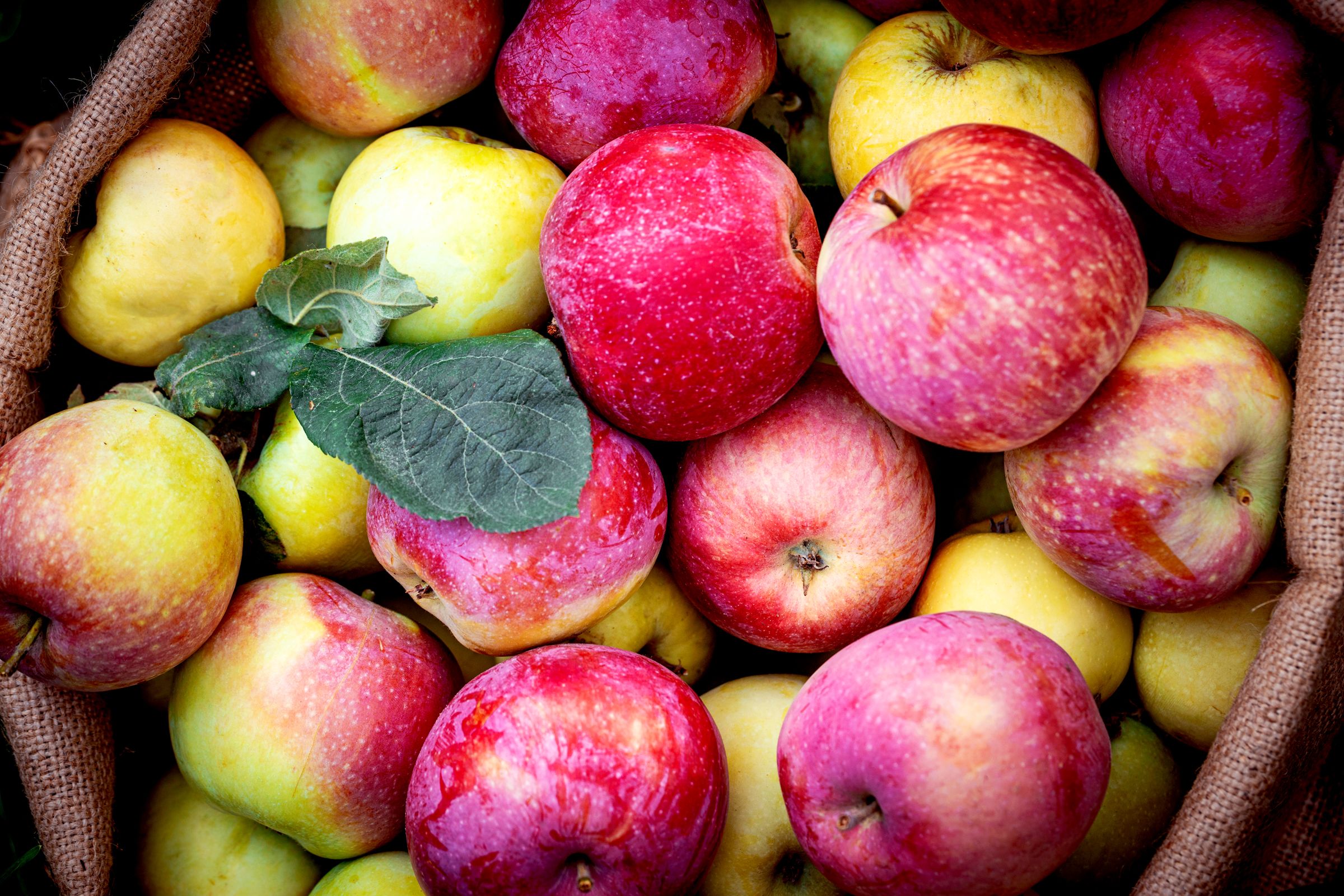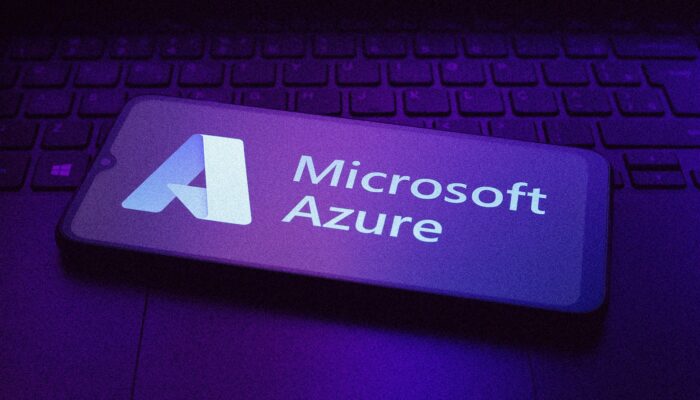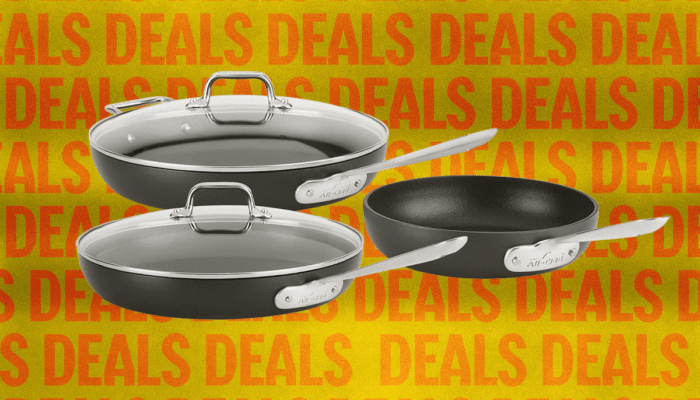Few foods are more American than apple pie, but the truth is, some of the country’s favorite apple products aren’t actually made in the United States. Apple juice, a perennial lunchroom staple, is a prime example. The vast majority of the apple juice Americans drink is imported from countries like China, and the Trump’s administration’s berserk tariff policies are now reshaping the market, potentially making beloved pome-based beverages more expensive or harder to find.
“The price of juice is already increasing,” Christopher Gerlach, an executive at the US Apple Association, a trade group representing the domestic apple industry, tells WIRED. Gerlach estimates the wholesale cost of apple juice concentrate has risen 33 percent this year compared to 2024—and he expects it to keep going up. The higher costs will impact more than just plain apple juice, since concentrate is a key ingredient in a wide variety of other juice mixes, like mixed berry and pear, and is also used as a sweetener in a variety of children’s products, including baby food.
The Trump administration’s protectionist policies have upended the global trading system as a whole. But the biggest impact so far has been on Chinese imports, which now face a new 145 percent tariff. The measure has driven up consumer prices and disrupted the supply chains for products ranging from baby gear to Christmas decorations to sex toys. While produce represents a relatively small portion of China’s exports to the US overall, there are certain types of food and drink heavily sourced from the country, like garlic, seafood, and, yes, apple juice. While apples are not typically associated with China, farmers there began investing more in the crop in the 1980s as they looked for ways to diversify their incomes, according to the US Department of Agriculture (USDA).
The US has plenty of domestic apple farms, but the industry focuses heavily on selling fresh fruits, which are typically more profitable. Each year, America exports around 16 million gallons of apple juice, but imports 430 million gallons, Gerlach says. For many years, China was the main place where the US sourced its apple juice, but Turkey has recently emerged as a close competitor. It represented 39 percent of US concentrated apple juice imports last year, while China accounted for 31 percent, according to Gerlach.
Data from the USDA suggest that Trump’s tariffs have sparked a more dramatic shift in the US toward buying apple juice concentrate from Turkey. So far this year, Americans have imported around 92 million liters of unfrozen apple juice concentrate from China, compared to 29 million liters from Turkey. China saw a major spike in juice buying in January as importers raced to make purchases before the tariffs went into effect; now its sales have plummeted, while Turkey’s are soaring. For the week of April 25, Turkey exported more than twice as much apple juice concentrate to the US as did mainland China.
Some juice sellers may be able to stave off financial crisis by pivoting to buying more of their supply from Turkey and other countries, but Gerlach warns that the strategy isn’t foolproof. Turkey already has plenty of other major international buyers, like India, and may not have enough apple juice to make up for China. Even if it does, US importers will have to compete to buy Turkey’s juice, which means securing good deals for the sweet golden liquid will be tough.
Importing agreements are often made months in advance, and some juice buyers may be contractually obligated to pay for existing orders from China, forcing them to find a way to contend with the added costs of the tariffs. For sellers who do have more flexibility, simply switching to made-in-America juice isn’t a viable option, either. Gerlach says that US-based processors don’t currently have the capacity to ramp up production to replace imported apple juice. “They’re not going to be able to flip a switch and meet those domestic demands overnight,” he says.
Adam Lees, vice president of customs brokerage for the logistics company Alba Wheels Up International, agrees that domestic players aren’t equipped to meet exponentially increased demand, especially in the short term. “Factories don’t just pop up in months,” he says.
Some domestic apple processors are contemplating ramping up production, Gerlach says, motivated by the opportunity to sell their juice at higher-than-normal prices. “They know they could sell it at a premium if they went down that road,” he says.
Thus far, most large apple juice brands are staying quiet on whether they’ll pass the added cost of tariffs on to their customers. Motts and Lassonde, which sells brands like Del Monte and Oasis, both declined to answer questions from WIRED about how they are responding to the Trump administration’s trade policies. While the specifics are still up in the air, experts say consumers should brace to pay more for their favorite beverages. “You’re either going to see shortages of these products, or you’re going to see raised prices,” says Lees.
In the past week, President Trump has repeatedly insisted that American children should simply learn to live with fewer toys if tariffs make them more expensive. As the cost of apple juice and apple-juice-based products goes up as well, US families may be forced to make sacrifices in other areas, like cutting back on their favorite foods and drinks.




